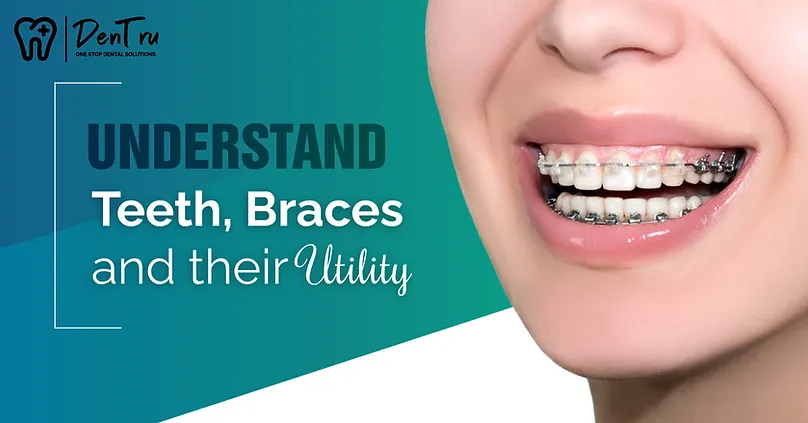Do you know what teeth braces are and what they can do for you? Braces are a popular solution for correcting teeth problems, and they come in a variety of shapes, sizes, and materials. In this article, we’ll explain what teeth braces are and what they can do for you. We’ll also discuss the different braces and their uses.
Types of Braces
- Metal Braces: Metal or traditional braces are the most common type of braces in the world. They have become smaller, faster, more attractive, and more efficient over time. They are commonly used for children and adolescents and require good oral hygiene during treatment.
- Ceramic Braces: Ceramic braces are made of enamel material, functioning similarly to metal braces but being less noticeable and more discreet. They are preferred by patients who want a more discreet option.
- Self-Ligating Braces: Self-ligating braces use doors or clips to hold the wire in place instead of elastic rubber ties. They are known for shorter, more convenient appointments and can be suitable for patients with heightened sensitivity to pain or developmental delays.
- Lingual Braces: Lingual braces are concealed behind the teeth, making them ideal for adults who require orthodontic treatment but do not want visible braces. They require specific orthodontic skills.
- Clear Aligners (Invisalign): Clear aligners like Invisalign have gained popularity in the last decade due to their subtlety, removability, and ease of maintenance. They are suitable for touch-ups, mild to moderate dental problems, and patients with fewer orthodontic needs.
Conclusion
There’s no doubt that teeth braces are essential for people who suffer from certain dental issues, but it’s still unclear whether they’re necessary for everyone. In this blog, we aim to provide you with a better understanding of teeth braces and their various benefits, so you can make an informed decision about whether they’re right for you.





